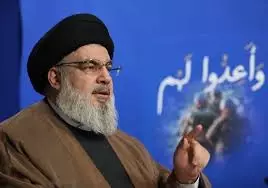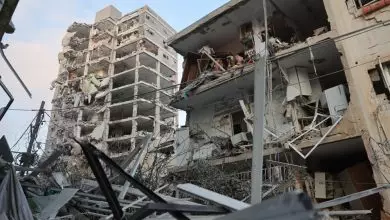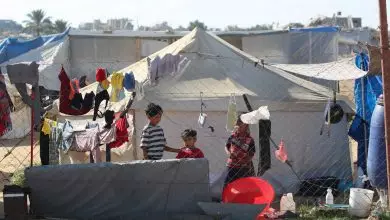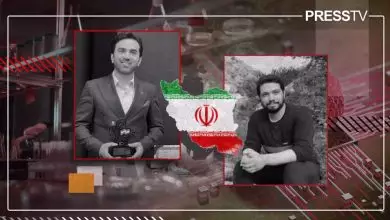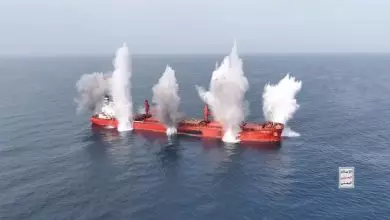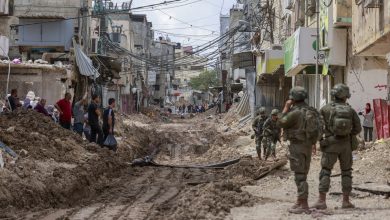U.S. Extends Diplomatic Overtures, Stresses Need for Trust-Building
Deputy Foreign Minister Saeed Khatibzadeh announced that the United States has communicated messages to Iran regarding potential discussions. However, he emphasized that the U.S. must provide assurances to Iran, ensuring there will be no exploitation of these talks.
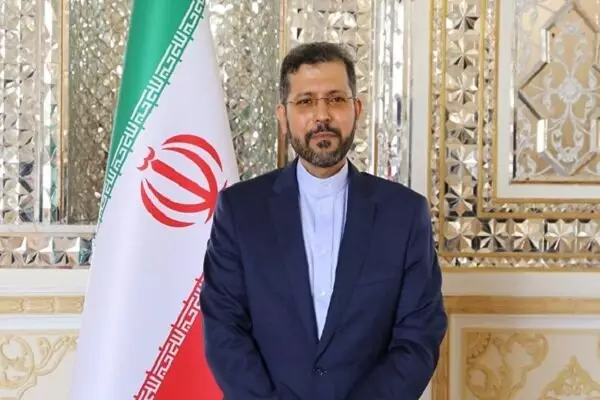
On Tuesday, Deputy Foreign Minister Saeed Khatibzadeh revealed that the United States has conveyed messages to Iran regarding negotiations. However, he emphasized that Washington must provide assurances to Tehran, ensuring that it does not intend to exploit the talks.
In a webinar titled “Israel’s Aggression on Iran: Next Outlook,” a senior official delivered a series of remarks on Tuesday. The event, organized by the Iranian Foreign Ministry’s Center for Political and International Studies and led by Khatibzadeh, focused on the evolving dynamics between Israel and Iran.
The event occurred two weeks following a ceasefire that concluded a 12-day conflict initiated by Israeli airstrikes targeting Iranian nuclear installations and civilian locations on June 13. This development transpired merely three days prior to a scheduled sixth round of negotiations between Tehran and Washington concerning Iran’s nuclear program.
In a significant escalation, Iran launched a robust response to recent assaults by the regime, targeting multiple sites within Israeli-occupied territories with a barrage of ballistic missiles and drones. Additionally, the Iranian Armed Forces executed a missile attack on a U.S. airbase in Qatar on June 23. This move followed Washington’s direct involvement in the conflict, marked by airstrikes on three major Iranian nuclear facilities the previous day.
The United States and Israel have asserted efforts to dismantle Iran’s nuclear program, alleging intentions to develop a nuclear weapon. This claim comes despite firm denials from the Islamic Republic and affirmations from both U.S. intelligence agencies and the United Nations nuclear watchdog that no diversion in Iran’s nuclear activities has been detected.
The deputy foreign minister has stated that messages have been received urging the commencement of negotiations. However, he emphasized the necessity for the opposing party to provide assurances to Iran and the international community that it does not plan to exploit the negotiations. He also noted that if the other side has been unsuccessful in achieving its objectives through conflict, it should seek resolution at the negotiating table.
He underscored the necessity for negotiations to be grounded in equality and mutual interests, cautioning that without such a basis, discussions would lose their significance. He further emphasized that Iran has consistently reiterated its commitment to the diplomatic route.
According to Khatibzadeh, diplomacy remains a steadfast option in both wartime and peacetime scenarios, with negotiations serving as a key diplomatic instrument. He emphasized, however, that the appropriate conditions must be established, and the other party must earn Iran’s trust to facilitate any potential negotiations.
An official stated that Iran has not initiated any invasions in the last 200 years, yet it possesses the capability to effectively counteract aggression.
“It is up to them to determine whether they choose to engage with us respectfully or through confrontation. What the United States did was unforgivable, unforgettable, and a blatant violation of Iran’s rights. It marked the first occasion the U.S. targeted Iran due to a strategic miscalculation, but all parties should recognize that this sequence of events does not conclude with Iran,” he stated.
A representative from the Foreign Ministry highlighted Europe’s involvement in addressing the current impasse surrounding Iran’s nuclear program.
He stated that following the U.S. withdrawal from the 2015 Iran nuclear agreement in 2018, Europe did not meet its obligations.
Europe is currently at a pivotal juncture, according to recent statements. The continent must demonstrate cultural and moral credibility to fulfill a strategic role on the global stage. However, thus far, efforts have primarily focused on advancing political interests, as noted by Khatibzadeh.

